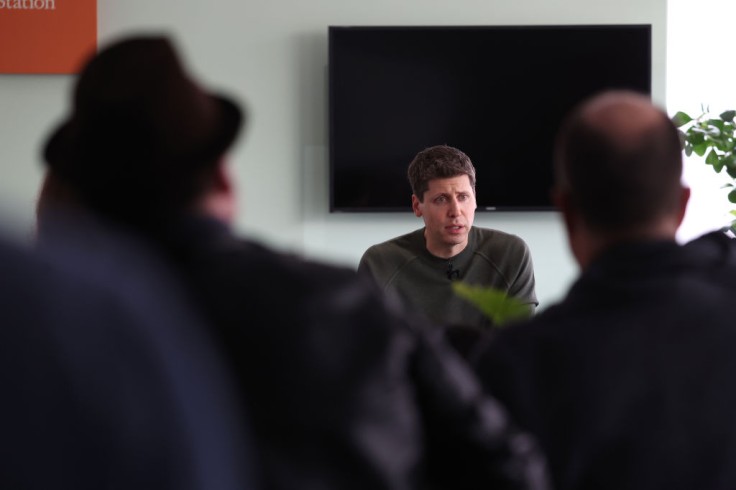Continuing from a week of management chaos, OpenAI is reportedly will not offer board seats to Microsoft executives or any other outside investors, a source spoke to Reuters.
According to a person familiar with the company, OpenAI is currently not considering adding people from Microsoft, Thrive Capital, and Khosla Ventures to its board of directors.

OpenAI's decision is supposed to reflect the company's new priority on AI safety over profits, The Information reported.
The tech startup is still filling up seats on the board after a leadership shakeup removed half of its members following the firing and eventual reinstatement of CEO Sam Altman.
Microsoft is OpenAI's biggest investor with over $10 billion backing its operations. Microsoft CEO Satya Nadella earlier said that governance in the company doesn't necessarily need to change no matter where Altman ends up.
The tech giant previously offered positions to Altman and Greg Brockman, former chairman at OpenAI, to work on Microsoft's AI chip venture.
Also Read : OpenAI Welcomes Back Ousted Sam Altman as CEO
Leadership Changes in OpenAI
The return of Altman as the company's CEO, almost a week after being fired, has led to many members of the board leaving their former seats open.
Right now, only three people sit at the revamped board. Only Quora CEO Adam D'Angelo retained his seat on the nine-people board.
Former US Treasury secretary Larry Summers and ex-Salesforce CEO Bret Taylor join D'Angelo to occupy three of the board positions.
Other former board members like Altman, Brockman, and co-founder Ilya Sutskever still remain in the company, although they have not since returned to their former seats on the board.
The last two former board executives, Helen Toner and Tasha McCauley, have since left the company following the failed coup.
It remains uncertain who will be chosen for the other seats in the leading AI firm in the frontier.
Related Article : OpenAI Employees Threaten Exodus Unless the Board Resigns
OpenAI Power Structure
The tech startup has a curious governance structure, making it possible for these abrupt leadership shakedowns to happen.
Unlike other tech companies, OpenAI has its for-profit sector governed by a non-profit board. This means most board members, including Altman before, do not own equities in the company.
Their presence is meant to keep the company focused on achieving its mission of building AI for humanity's progress.
As far as the thing goes, OpenAI remains with this stance and seems not eager to change its leadership structure.









